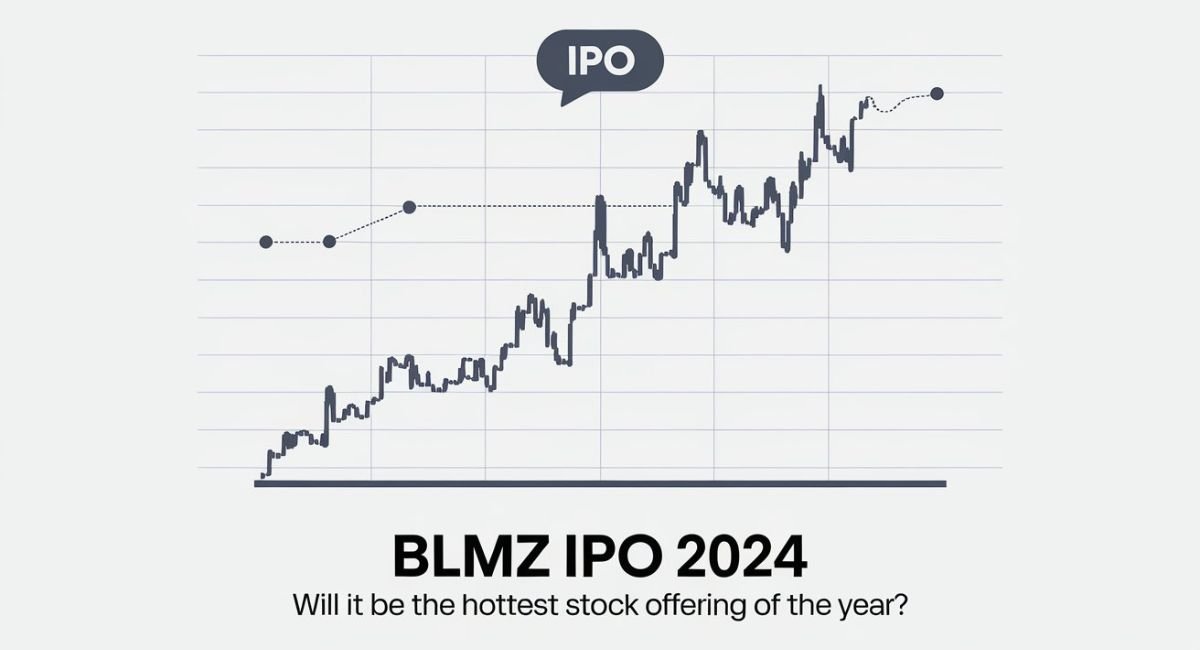Introduction
The trade of the fuel oil is a very active business opportunity, which is quite a challenging job. The handling of the various trade desk positions for fuel oil is full of challenges that come with understanding the shifting market prices. To begin with, for those who are planning to create a career in this particular industry, being aware of the position can be the initial move to the right direction.
Welcome to the fascinating world of fuel oil trading: do you have what it takes to take on the professionals? So let’s go deeper into the roles that facilitate it.
The primary units of this industry, fuel oil trade desks, manage trades, assess risk. The determine the optimal pricing strategies and tactics. When you are aware of these admired roles, you can be able to deepen in the market.
Fuel Oil Trader: Driving Market Decisions
A fuel oil trader is an entity that is involved in purchasing as well as selling fuel oil in the international markets. They study the markets, the price of goods, and the conditions of supply as a way of gaining profits through the exchange. This position entails a necessity of knowledge of commodity markets and the capability to make decisions in a short time. Since the trader position is a critical position in any trade desk, the candidate should have adequate knowledge of geopolitical events and market particulars.
Risk Analyst: Managing Uncertainty in Fuel Oil Markets
Some of the major responsibilities of the trade desk positions for fuel oil risk analysts include the assessment and management of risks in the rather active fuel oil market. They employ theories on finances and statistical analysis in order to determine the likelihood of market shocks. In this position, professionals guarantee the security of a trade desk against any kinds of risks – this actually makes it one of the most vital parts of the fuel oil trading scheme. Such information is extremely useful in making strategic decisions.
Market Volatility Analysis:
Risk analysts are also involved in the evaluation of the market trends in order to be able to determine the possible change in the prices of the fuel oil as well as political effects on the fuel oil business.
Financial Risk Modeling:
In order to support their business decisions, they apply actual statistical methods to predict possible market conditions and resultant financial impacts.
Risk Mitigation Strategies:
Risk managers, analysts and investment specialists think of ways through which firms can reduce the impacts of unfavorable market situations or unanticipated occurrences.
Regulatory Compliance:
Other areas that need to be considered include. The commitment to guarantee that all trading activities meet set/required financial regulations and compliance to risk management policies
Logistics Coordinator: Keeping Fuel Oil Supply Chains Flowing
The logistics coordinator is usually involved. The trade desk especially in coordinating the process of transportation and delivery of the fuel oil. This position entails adequate information on the shipping routes, laws that govern the supply chain and market factors having an influence on the chain. Overall, they must find the best routes and schedules in terms of cost in order to deliver. The products as soon as possible in order to increase profits. They put forward efforts to facilitate smooth delivery of product from the supplier’s end to the buyer’s end.
Pricing Analyst: Setting the Right Value for Fuel Oil
Pricing analysts are charged with the responsibility of identifying. The most appropriate prices for fuel oil products with consideration to market forces in the marketplace as well as supply forces. They supply essential information, which enables the trade desk to make µÇÎÇ¥Îä pricing strategies in real time. To be effective in this role the individual should possess analytical skill and a good knowledge of global markets. Through the correct prediction of the price changes, the pricing analysts assist. The company in sustaining its competitive advantage within the market.
Compliance Officer: Ensuring Legal and Regulatory Adherence
A compliance officer must make sure that every trading activity is within the set rules and regulations as well as the law. Since fuel oil trading is very restricted, it is mandatory to adhere to the international and local laws governing this business. The compliance officers have the duty of overseeing transactions and contracts. They ensure that all processes are compliant with the law. I are extremely essential in the role they perform. They safeguard the legal function of the company from legal repercussions and penalties.
FAQs
What does a fuel oil trader do?
They buy and sell fuel oil in global markets based on market analysis.
Why is risk management important in fuel oil trading?
It helps mitigate potential financial losses from market volatility.
How does a logistics coordinator contribute to fuel oil trading?
They manage the transportation and delivery processes to ensure efficiency.
What skills are required to be a pricing analyst in fuel oil trading?
Strong analytical skills, market knowledge, and pricing strategy expertise.
What role does a compliance officer play on a fuel oil trade desk?
They ensure all trading activities follow legal and regulatory standards.
Conclusion
There are various trade desk positions for fuel oil that are available for people with interest in this growing market. All these roles are important in the fuel oil trading operation. They play a key role in carrying out trades, managing risk, and meeting compliance needs. If you enjoy a fast-moving, analytical-based work environment, this career could be ideal for you. A career at the fuel oil trade desk may suit you perfectly.




